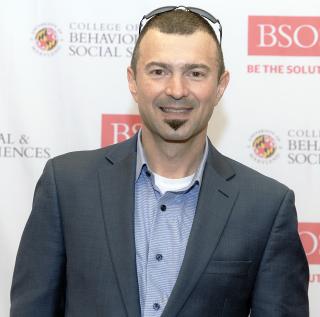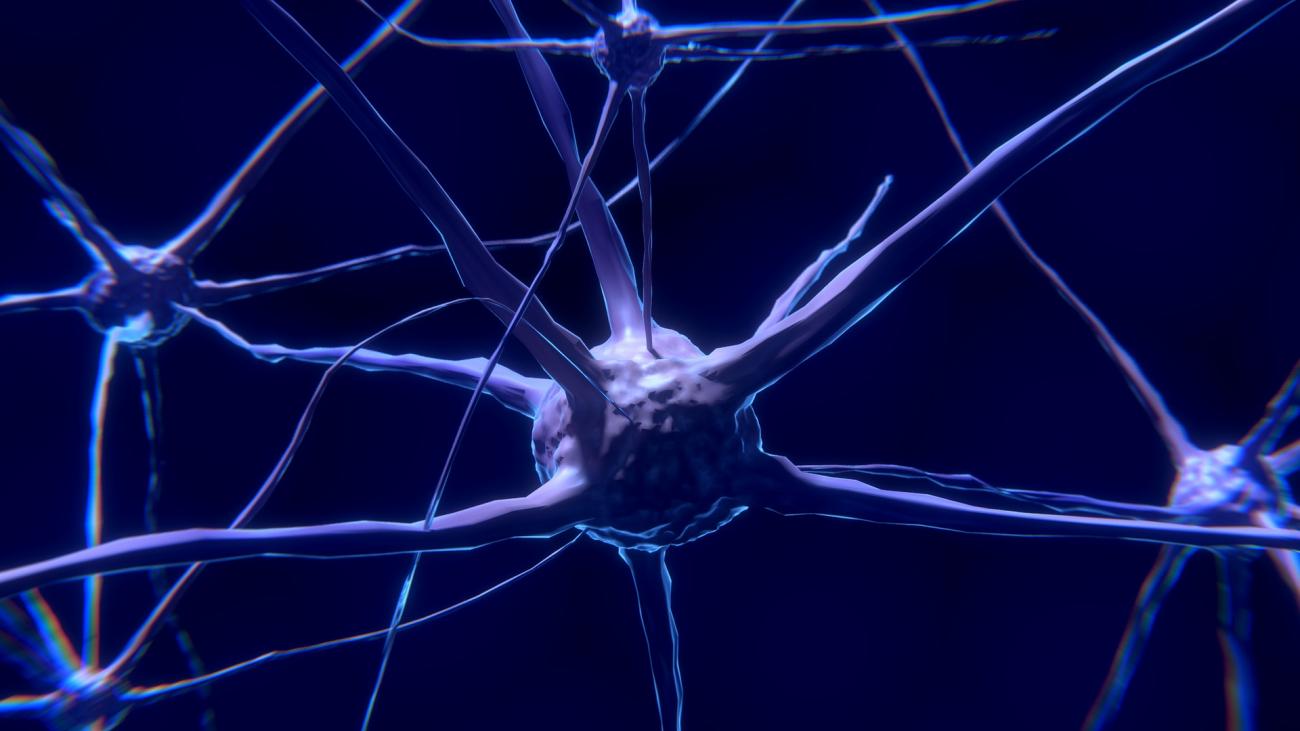I am a Professor in the Department of Psychology (Clinical and CNS Area Groups), core faculty member of the interdepartmental Neuroscience and Cognitive Science (NACS) Doctoral Program and the Maryland Neuroimaging Center (MNC), and Director of the Affective and Translational Neuroscience Laboratory at the University of Maryland. My work has been continuously supported by the NIH since 2016 and led to well over 100 publications (h-index: 55). I am an Associate Editor at the Journal of Psychopathology and Clinical Science (formerly Journal of Abnormal Psychology); was Co-Editor of The Nature of Emotion (Oxford University Press); served as an Associate Editor at eLife and several other journals; and co-edited 4 special issues focused on the neurobiology of emotion and multidisciplinary science, most recently at Clinical Psychological Science. I am a Fellow of the Association for Psychological Science; an active member of the international Affective Neuroimaging Collaboratory, ENIGMA Anxiety, and Hierarchical Taxonomy of Psychopathology (HiTOP) research consortia; and a standing member of the NIH Adult Lifespan Psychopathology (ALP) study section. I have been invited to teach and lecture at meetings and institutions around the world. Our work has been featured in Discovery Magazine and Newsweek, and I have provided expert scientific commentary for the BBC and Smithsonian Magazine. Most of my work—both empirical and theoretical—is focused on understanding the nature and biological bases of anxiety-related states, traits, and disorders. When extreme, anxiety contributes to a variety of debilitating, often treatment-resistant mental illnesses, including internalizing disorders, substance misuse, and psychosis. To understand the origins and course of this liability, my group uses a broad spectrum of tools—including multimodal neuroimaging (MRI, PET), psychophysiology, smartphone digital phenotyping, semi-structured clinical and life-stress interviews, and genetic analyses—in pediatric and adult patients, university students, community members, and monkeys, working closely with collaborators in the U.S., Germany, Spain, and South Korea. More recently established secondary lines of research are focused on psychiatric nosology and graduate student health and wellbeing. In addition to my own research, I regularly serve as an expert consultant and co-investigator on emotion-related neuroimaging and ecological momentary assessment (EMA) studies.
Enjoys sci-tweeting, Maui, Sherlock Holmes, wandern, Peloton, streaming underground music from the 90s, and spending time outdoors with family, friends, and his dog, Josie.
Due to unfortunate cuts to the State of Maryland budget, Dr. Shackman is NOT reviewing Fall 2025 applications for the Clinical Psychological Science and NACS doctoral programs.
Degrees
-
Ph.D.Biological Psychology (Distributed minor in Neuroscience)
The mission of the lab is to have a deep impact on the fields of affective and translational neuroscience. To that end, we do our best to perform innovative studies that can lead to important discoveries, to disseminate our discoveries as widely as possible, and to mentor trainees to become top-notch scientists and scientist-clinicians




